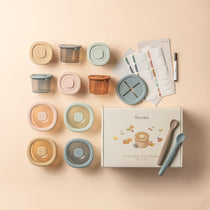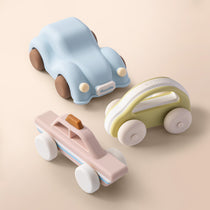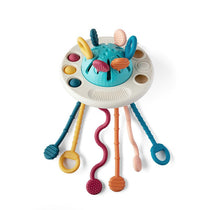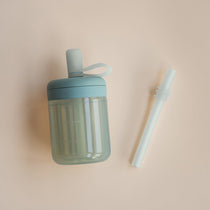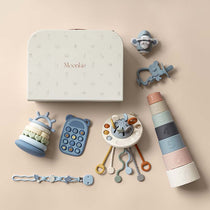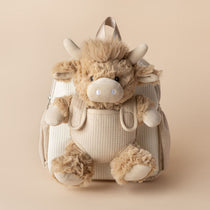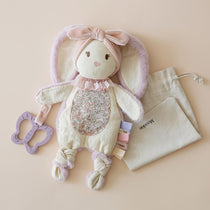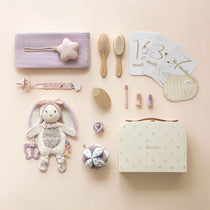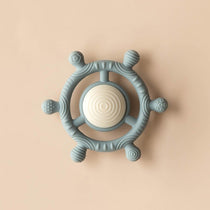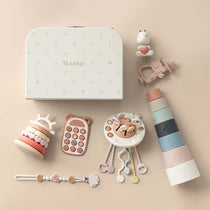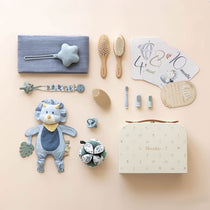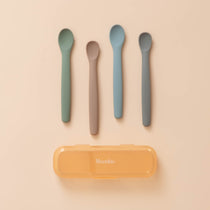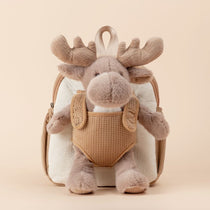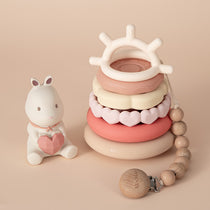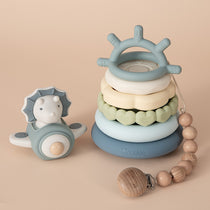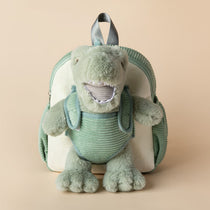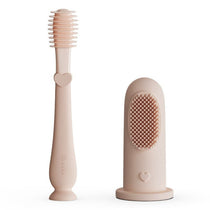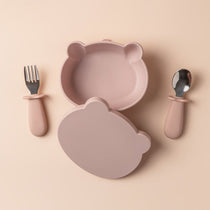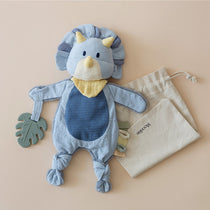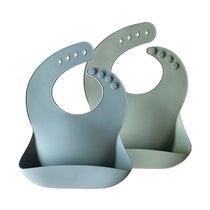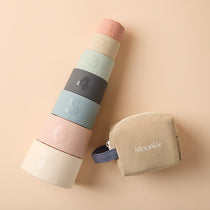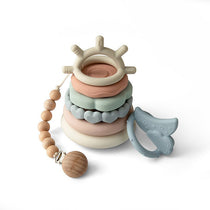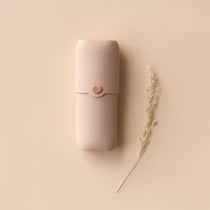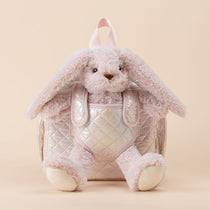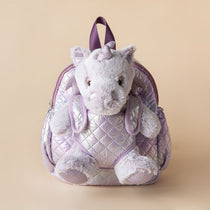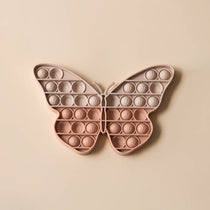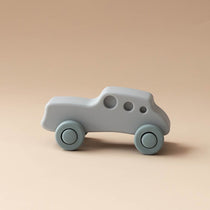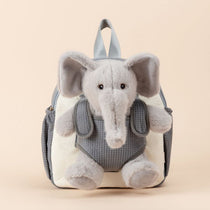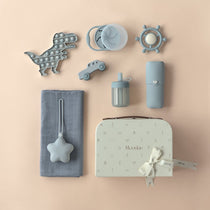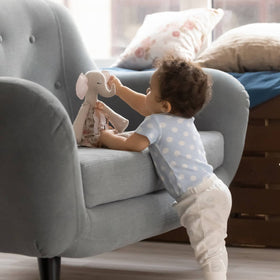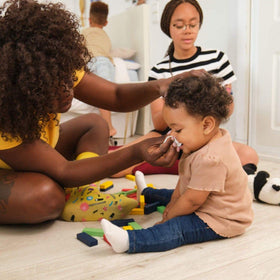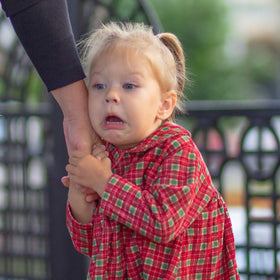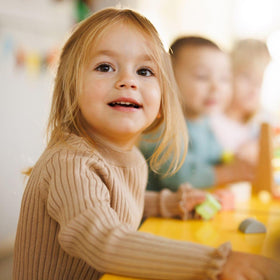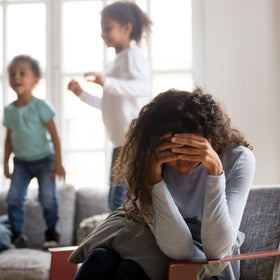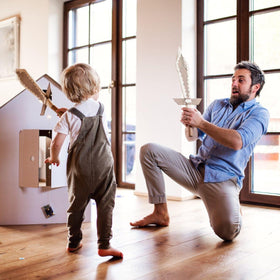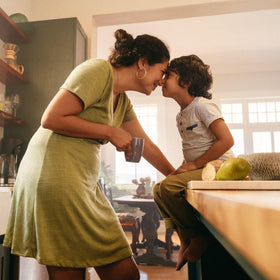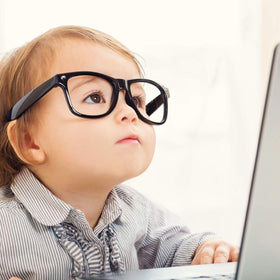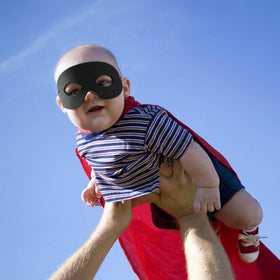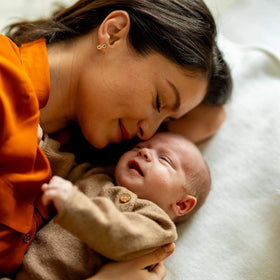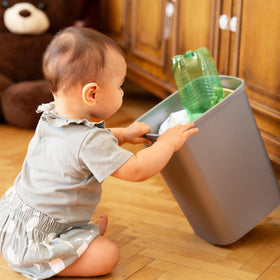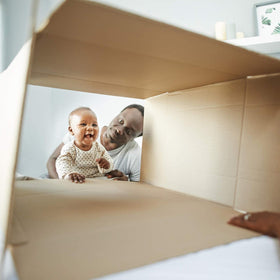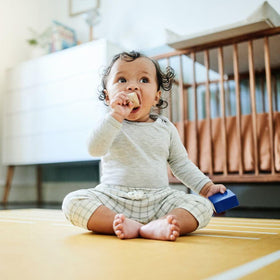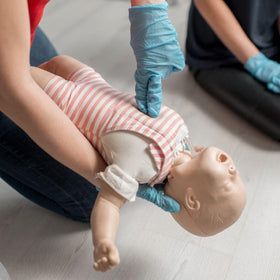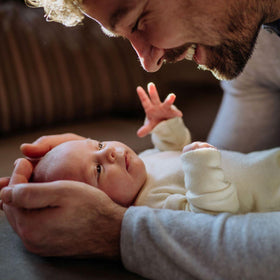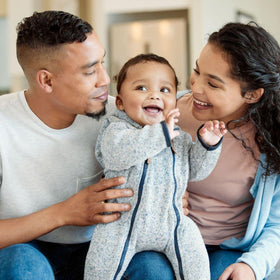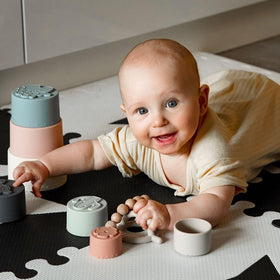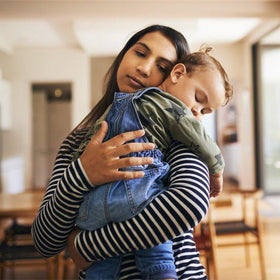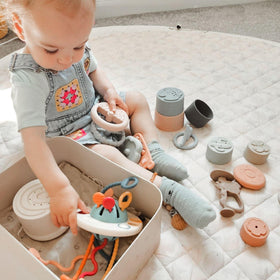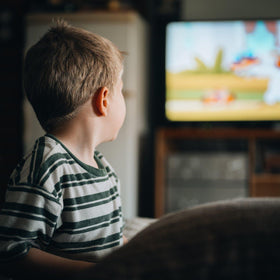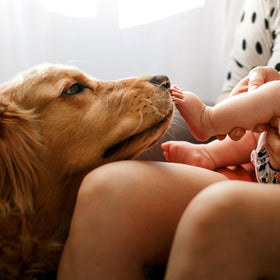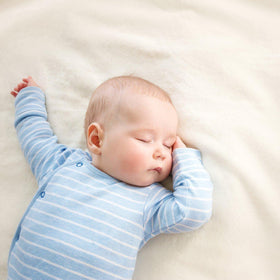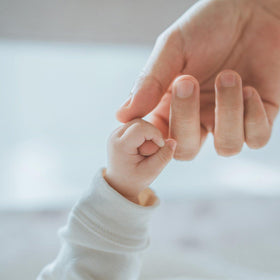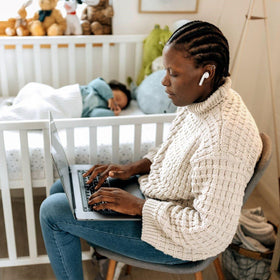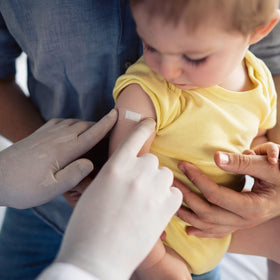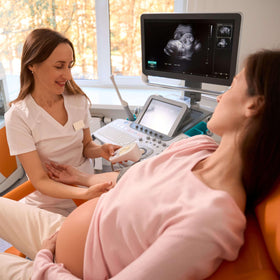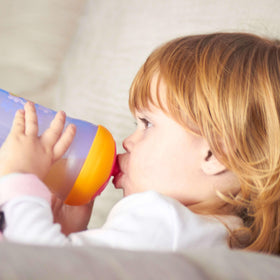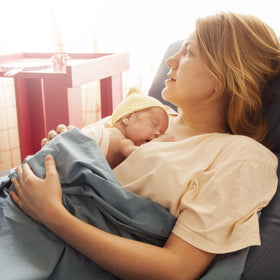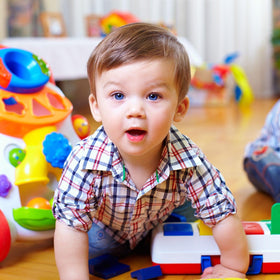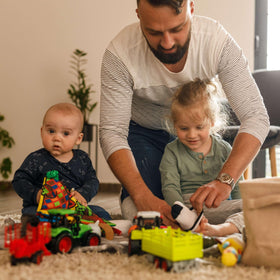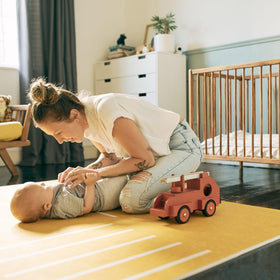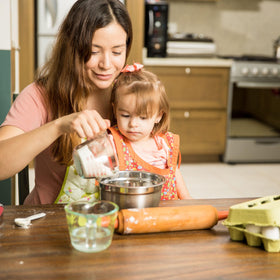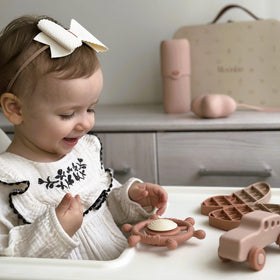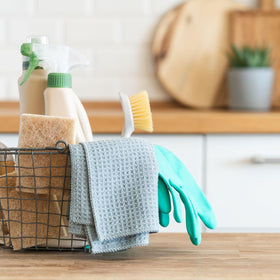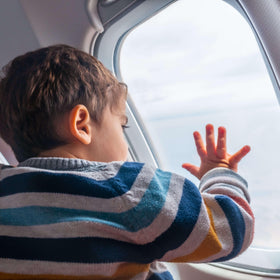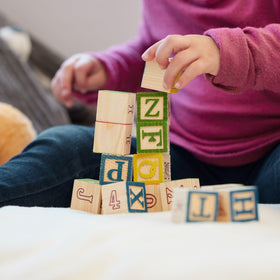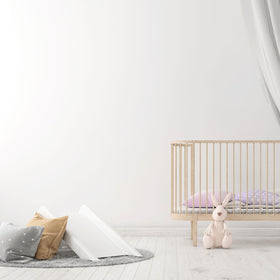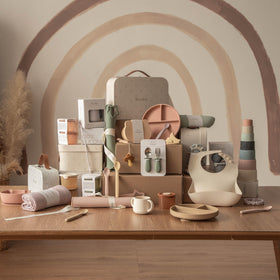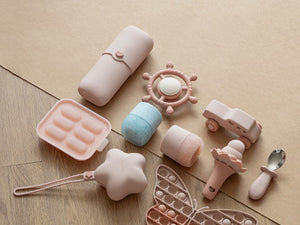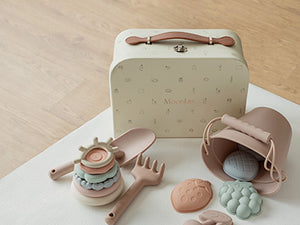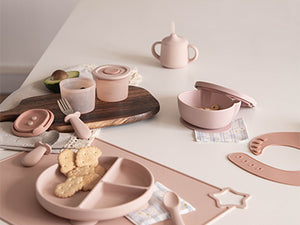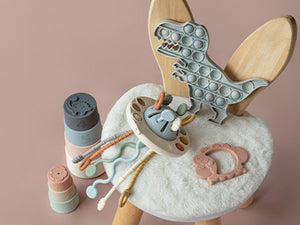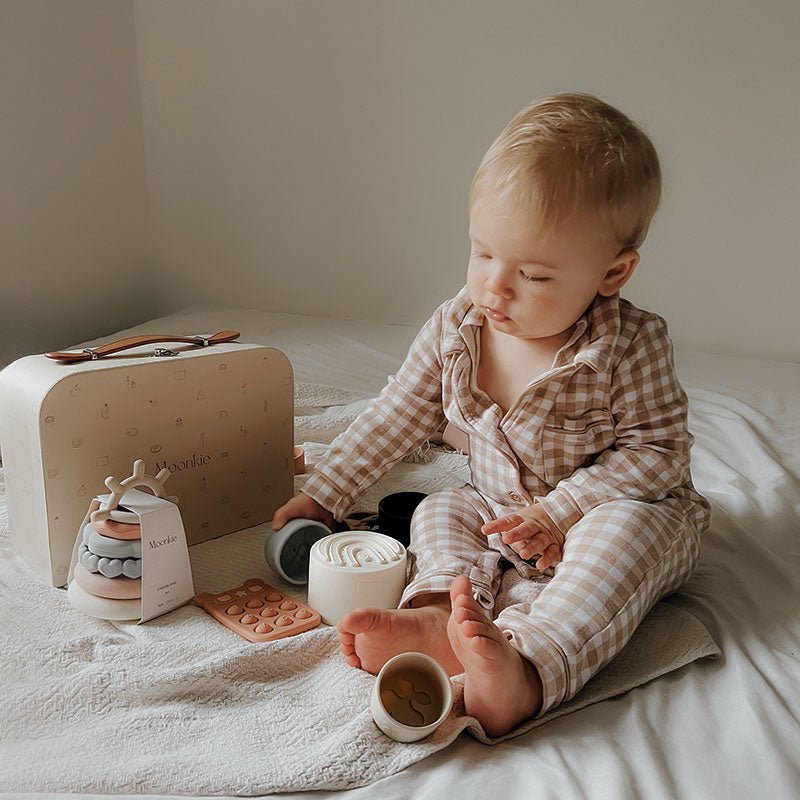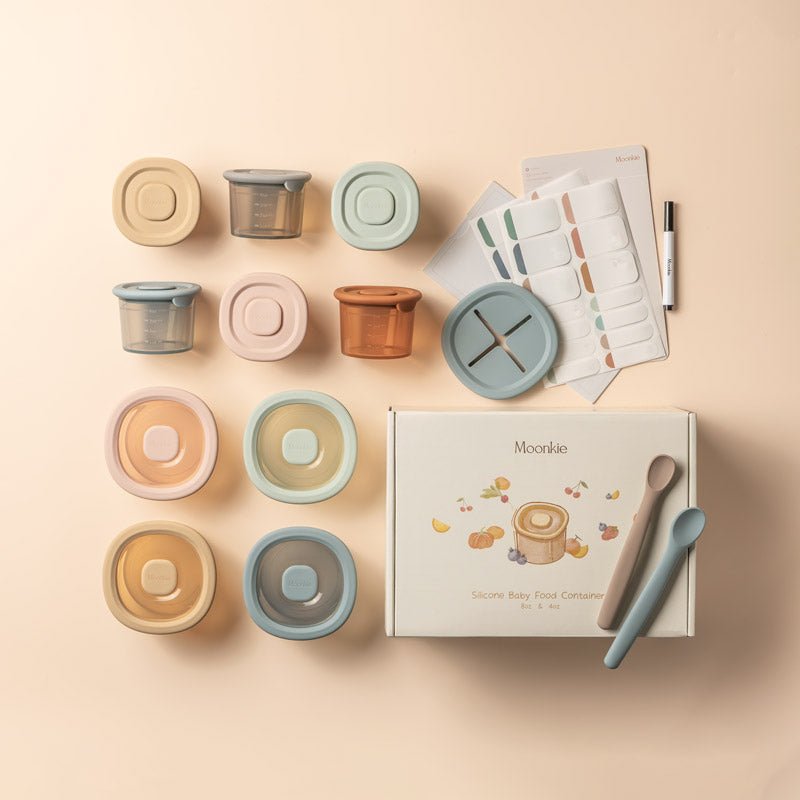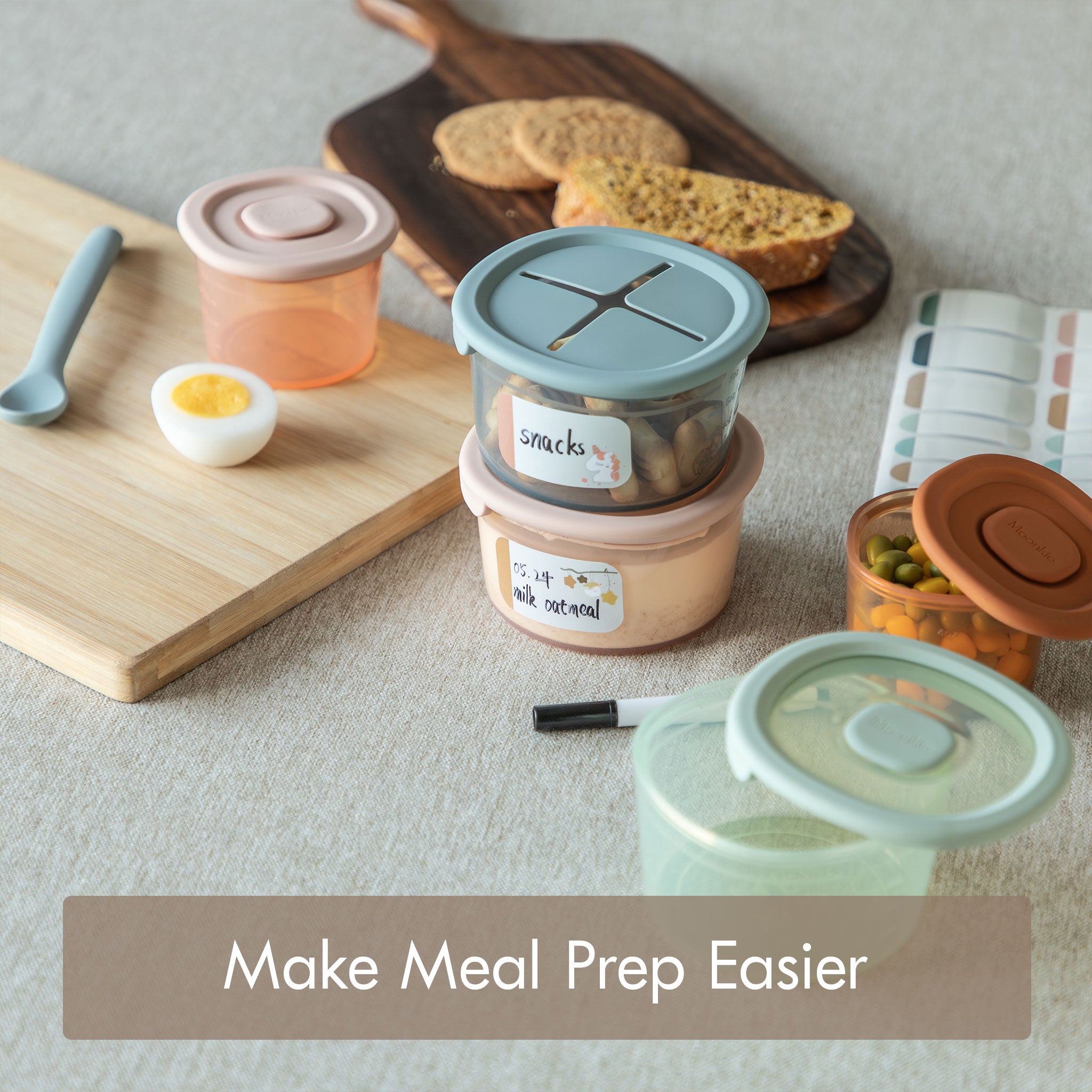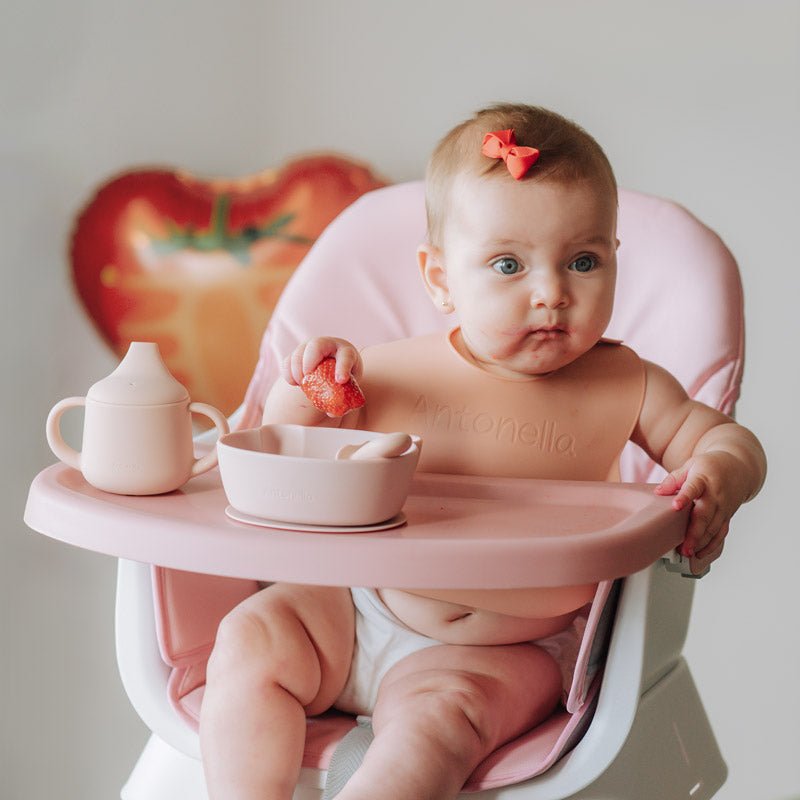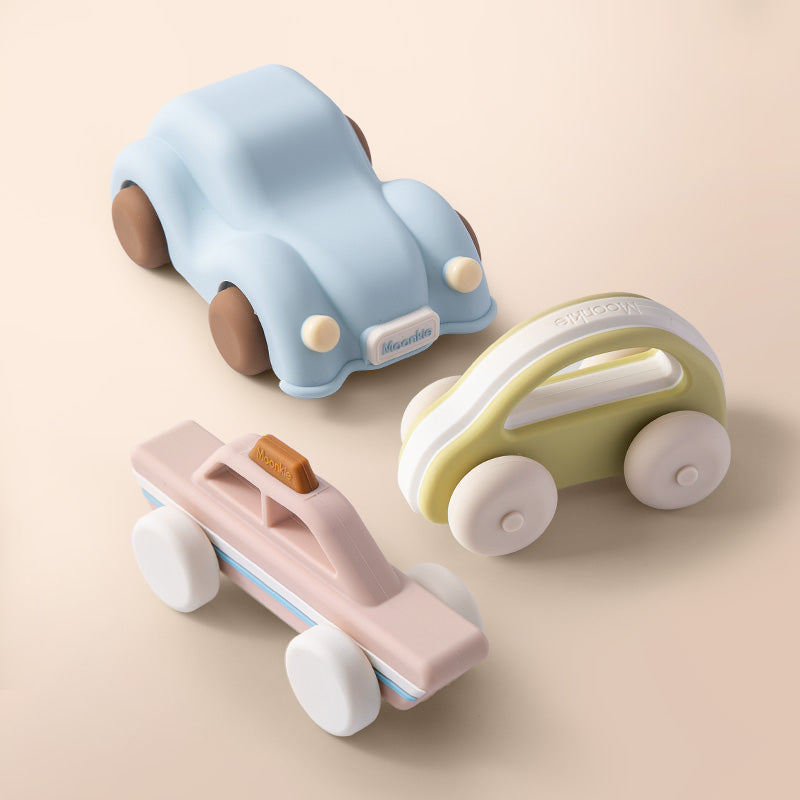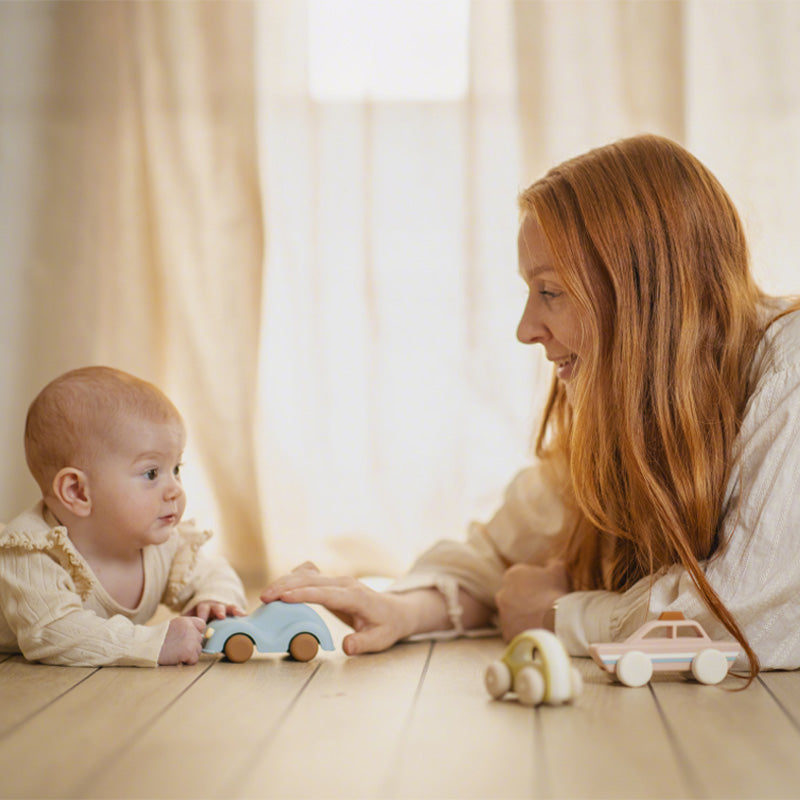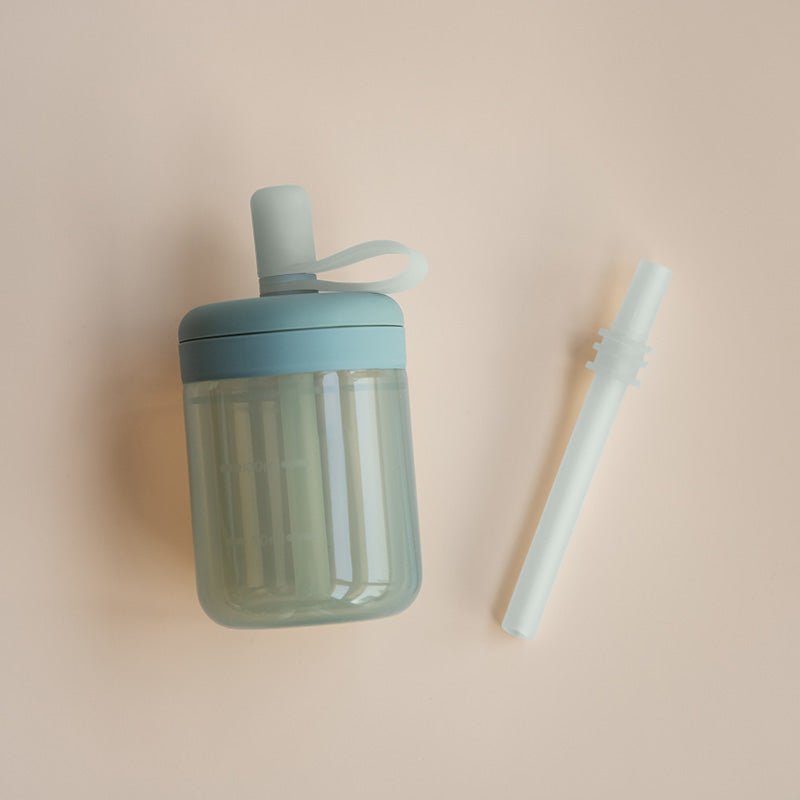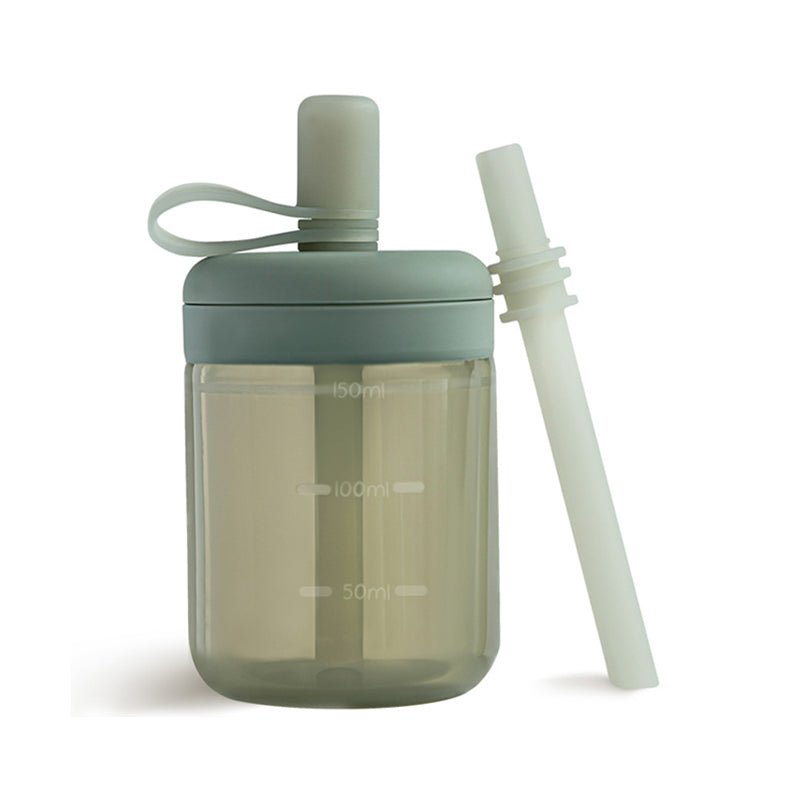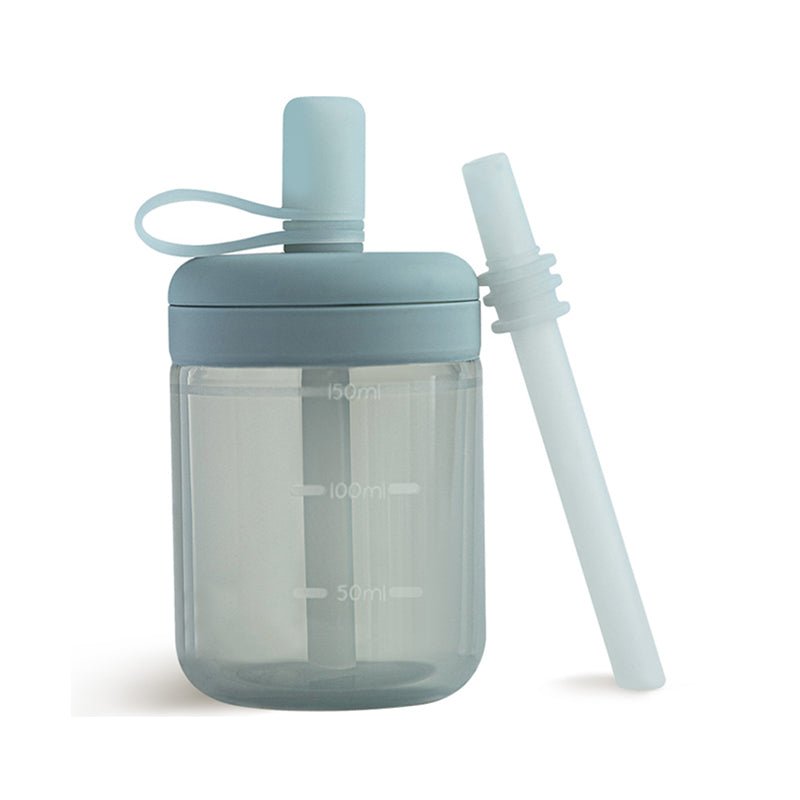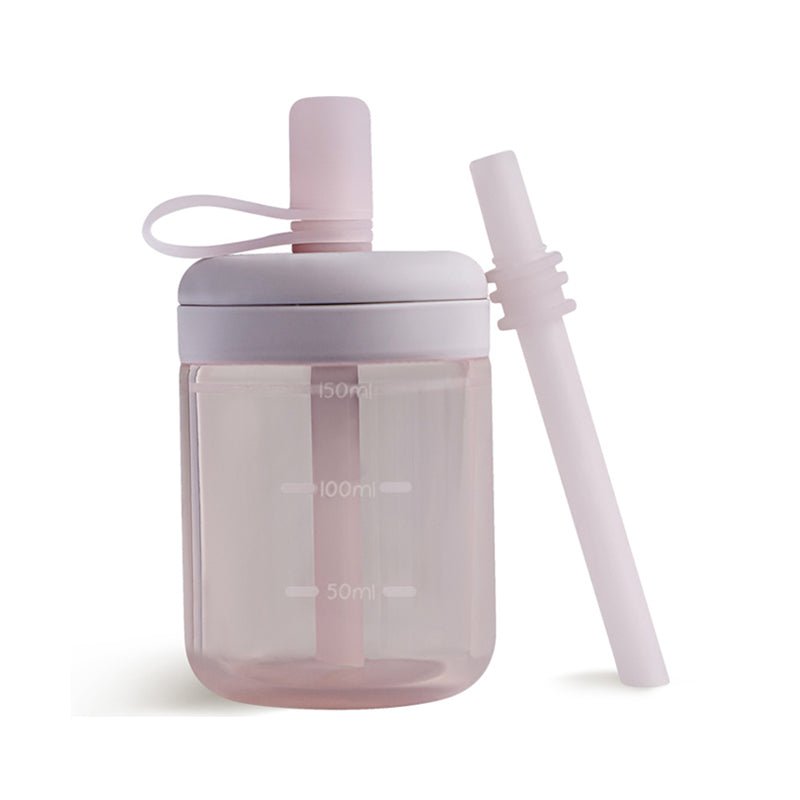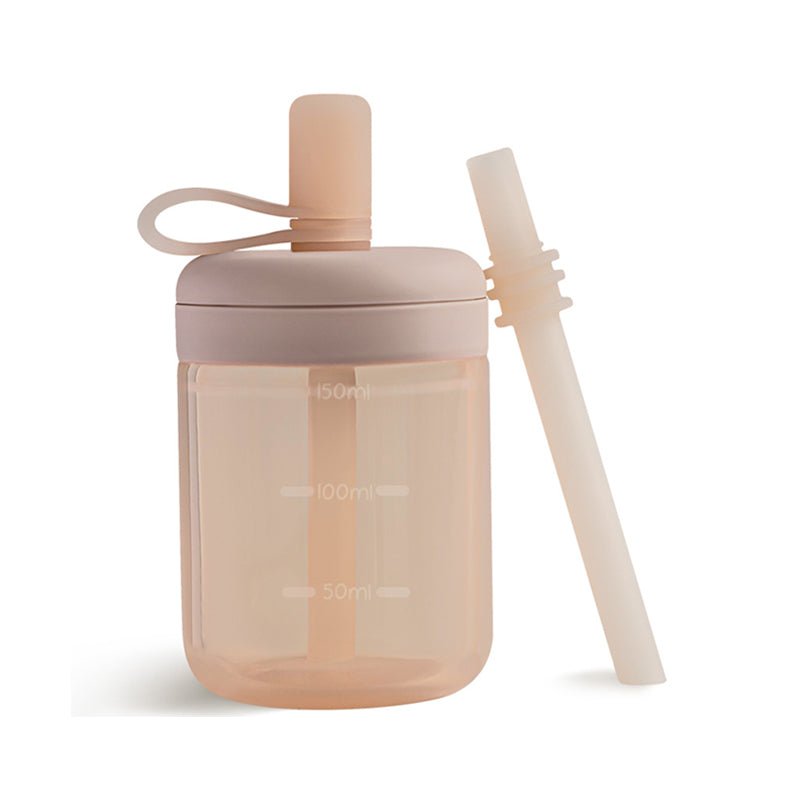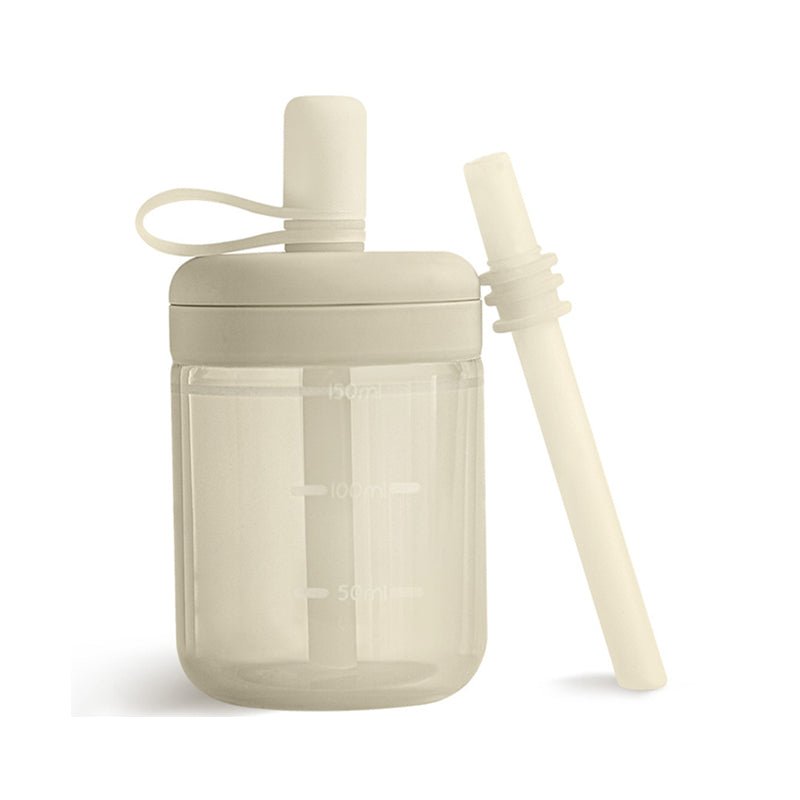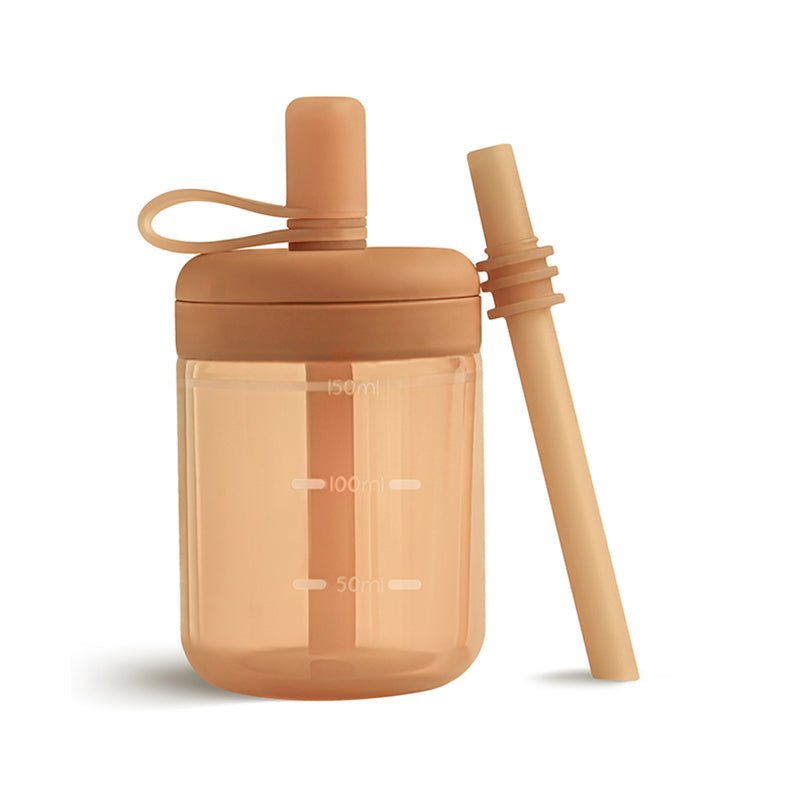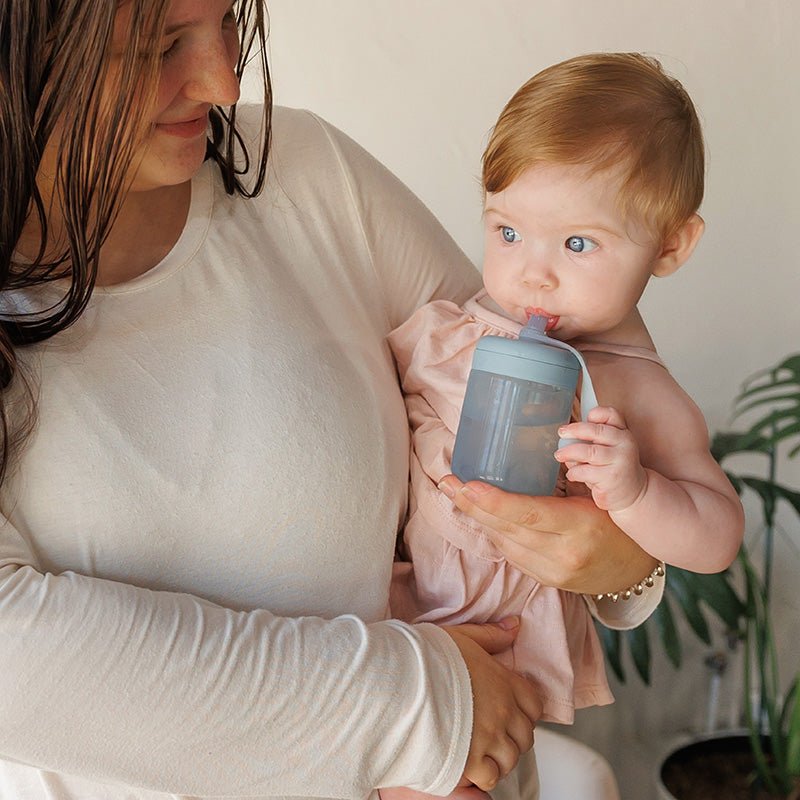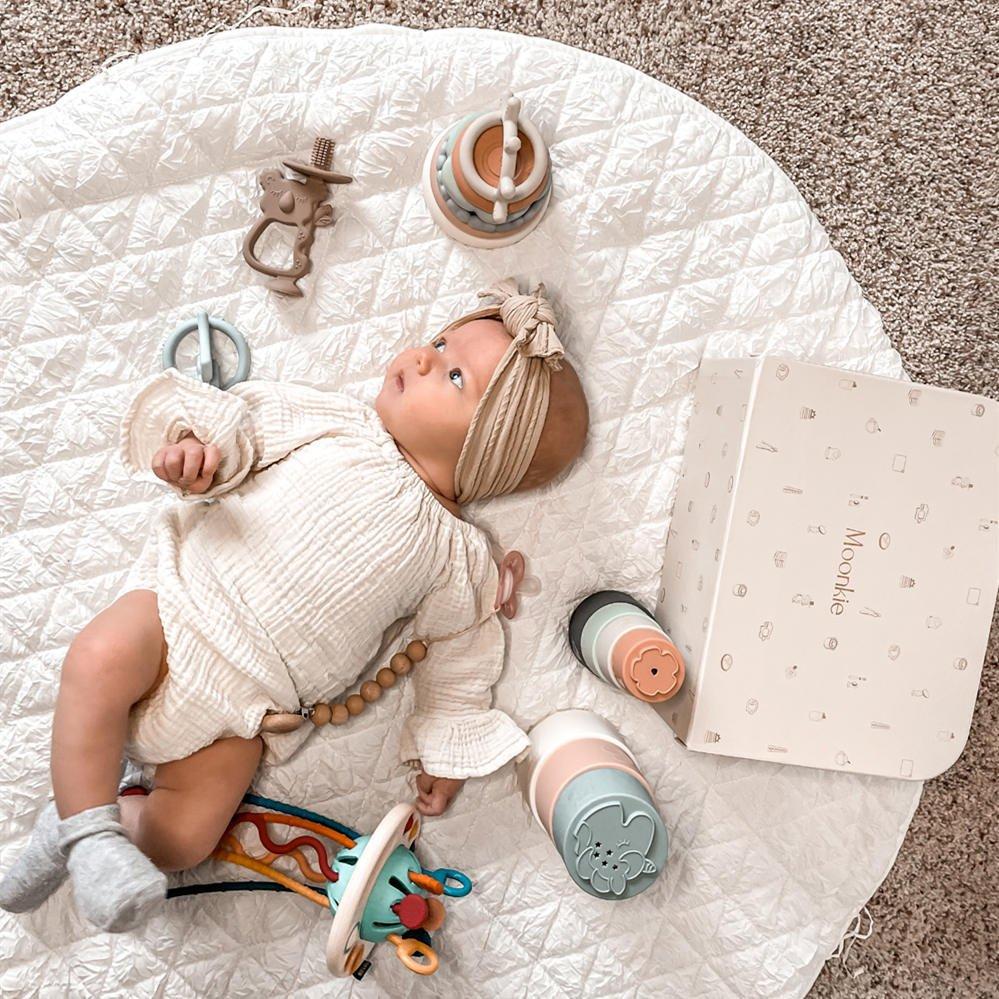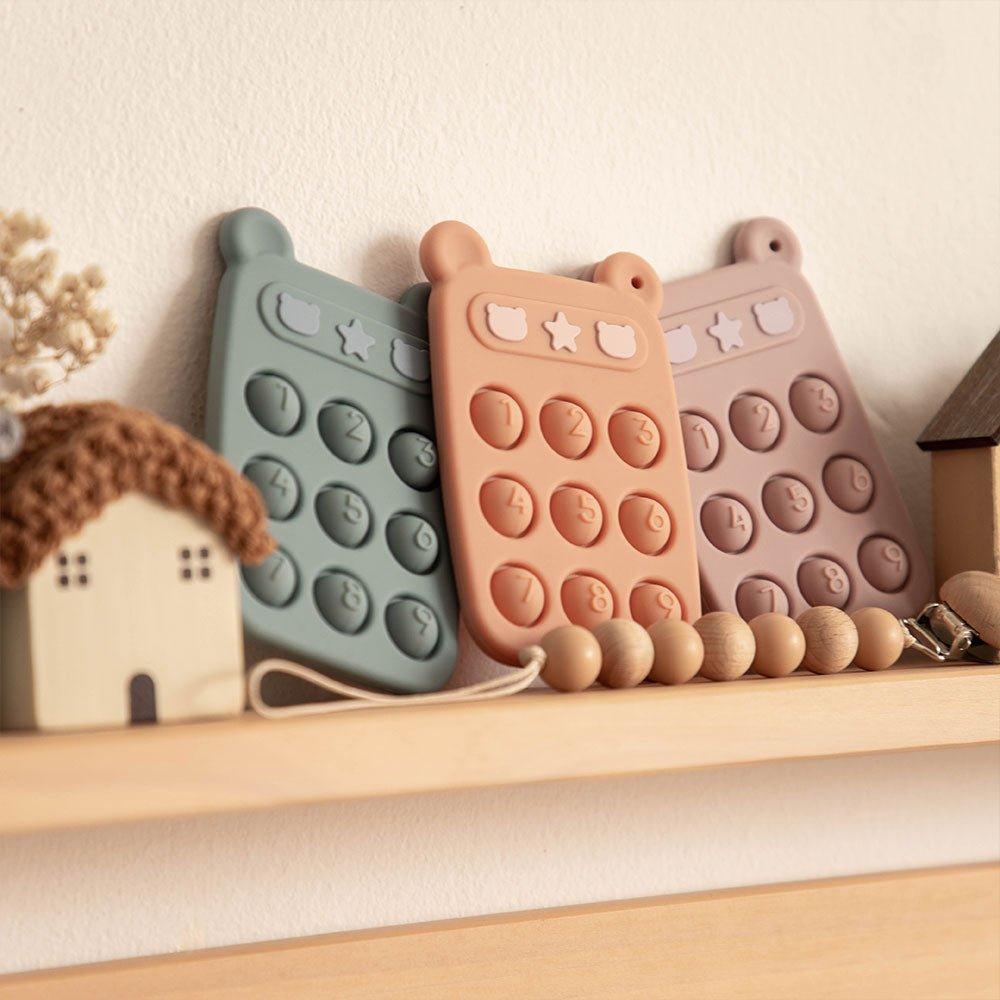As a parent, you want to give your child the best start in life. One way to do this is by providing them with a quality education focusing on developing their early childhood skills.
Montessori education is an in vogue approach to early childhood education emphasizing hands-on learning and individualized instruction. It starts with where a child is developmentally and allows him to advance at his own pace. The parent or teacher is a guide who prepares the space and encourages exploration.
There is a lot out there on this topic, but educating your little one shouldn't be overwhelming! In this article, we will lay out the basics, plain and simple, to get you started.
What are Early Childhood Skills?
Early childhood skills are the foundational skills that children need to develop before five years of age in order to succeed in school and life. Cognitive skills, like critical thinking and problem-solving, as well as social and emotional skills, like empathy and self-regulation, all begin developing in early childhood.
Additionally, early childhood skills include physical skills, such as fine and gross motor skills, and language skills, like vocabulary and communication.
Cognitive Skills
Cognitive skills encompass a wide range of skills, from problem-solving and critical thinking to memory and attention. Developing solid cognitive skills is integral for your child's later academic success and ability to navigate the world around them.
Social and Emotional Skills
These skills help your child build relationships with others, regulate their emotions, and develop empathy and kindness.
Building strong social and emotional skills is essential for your child's overall well-being and can help them form positive relationships throughout their life.
Physical Skills
Physical skills include your little one's gross and fine motor skills, hand-eye coordination, grip strength, movement, and balance.
Perhaps the most unfamiliar of these skills are gross and fine motor skills. Gross motor skills are the large movements your child makes with their body, such as crawling, pulling up, cruising, walking, and running. Practicing these and receiving positive reinforcement build your little one's confidence and independence.
Fine motor skills are the small movements your child makes with their hands and fingers, such as grasping objects and using utensils. These movements are the precursors to writing and drawing and help develop hand-eye coordination.
Language Skills
Language skills include your little one's verbal and nonverbal communication, such as babbling, using gestures, making facial expressions, and eventually speaking in sentences.
Since a person's peak sound-sensitivity period for distinguishing sounds is between 6 and 12 months, this age is crucial for building fluency, starting pronunciation of syllables, and eventually understanding and communicating with others.
Why are Early Childhood Skills Important?
Early childhood is a critical period for brain development, and the skills children develop during this time can have a lifelong impact. Children who develop strong early childhood skills are more likely to succeed in school and their future careers (source).
They are also more likely to have positive social and emotional outcomes, such as healthy relationships and emotional well-being (source). But why?
Get this: a child's brain creates 1,000,000 neural connections per second between birth and age three (source). Yeah, 1 million. And by age 5, 90% of your child's brain has already developed (source). No wonder your little one gets tuckered out so quickly!
This window of time is so crucial for your little one's development because you are building their health and well-being foundation for life. We're talking about 90% of the eventual 86 billion neurons that form 100 trillion connections to one another being created in the first five years, for crying out loud (source)!
Yet this is perhaps one of the most intense, trying times for parenthood as well. It's not easy to handle all of those tantrums, clean-ups, and diapers! So, what can our slower, sleep-deprived parent minds do to develop the unfathomably quick brain we are supposed to nurture?
How to Build Your Child's Early Childhood Skills?
Building early childhood skills actually begins before birth, when your baby is listening to you speak. Once born, infants soak up everything like a sponge, particularly sensory input, like taste, touch, smell, sight, and sound. So, to build your child's early childhood skills, you must begin by feeding those senses.
Not to worry, though! There are many fun ways to engage your sweet baby's senses without drastically changing your lifestyle. Any interaction, eye contact, and thoughtful environment preparation are meaningful to your baby's world and skill development. The more you do, the better!
Sensory Skills
Sensory skills have everything to do with the five senses: taste, touch, smell, sight, and sound. You can develop these skills from before birth and in the first years by singing and talking often to your little one.
By talking or singing through what you are doing and inviting your child to converse with you, you are building social connection, language skills, thinking out loud, and identification skills. In fact, your little one's ability to perceive individual sounds is at its peak for vowels around 6 months and 9 months for consonants (source).
For touch and sight, holding your baby close, wearing her as you do chores around the house, taking her outside to play, and handing her interesting toys and household items to feel and chew on will build her understanding of various materials, shapes, and textures.
Reading to your little one is such a fantastic way to bond with your little one while engaging their sight and listening skills. By using baby board books or texture books for babies, you can also captivate your little one's sense of touch.
Taste-wise, your baby will soon become "fluent" because he will put everything into his mouth for several months. This is totally natural, but it certainly keeps you on your toes! You can give your little one teethers and silicone baby toys with various textures to keep him or her busy tasting things you can wash easily.
For more specific advice on what to give babies and toddlers for sensory exploration, read our article From Teething to Tummy Time: The Top Sensory Toys for Every Stage of Babyhood. Once you are past the first two or three years, it is time to get more strategic in educating your little one.
What is Montessori Education?
Montessori education is an approach to early childhood education that Dr. Maria Montessori developed in the early 1900s. The Montessori approach emphasizes hands-on learning and individualized instruction, and it is based on the idea that children learn best when they are free to explore and discover on their own.
In a Montessori classroom, a teacher gives children a lot of freedom to choose their own activities and work at their own pace. The classroom is purposefully designed to be a prepared environment filled with materials and activities promoting learning and development. Wasn't this your dream classroom back in your early school days?
Teachers in a Montessori classroom act as guides instead of lecturers, and they work to support each child's individual learning needs.
For example, think of Bluey's teacher, Calypso, in the much-loved children's Australian TV show, Bluey. She manages the big picture classroom and helps individual students as their imagination leads them to struggles in their personal development.
How Does Montessori Education Develop Early Childhood Skills?
Dr. Montessori designed Montessori education around young children's developmental needs and their innate ability to learn by exploring the world around them. Having been a favorite education method for over a hundred years now, its principles are evident in public school intervention classes, preschools, and homeschool curriculums.
Here are a few examples of how Montessori education hones in on developing the early learner.
Hands-on Learning
Montessori classrooms are highly hands-on and filled with materials and activities designed to be manipulated and explored by children.
This hands-on approach helps children develop their fine motor skills and problem-solving ability. As a bonus, Montessori students are actively figuring things out rather than passively sitting in a chair.
Individualized Instruction
Montessori teachers work with each child individually to pinpoint their strengths and weaknesses and to develop a personalized learning plan. This individualized approach helps children develop their cognitive and language skills at their own pace.
Thus, children are not pushed to feel like they are pitted against one another in a competition to have the best grades. Likewise, there is no "last in class" student slowing everyone else down. Instead, children are encouraged to work together to play, explore, and solve problems.
Freedom to Learn
Once the classroom is prepared, children set loose to explore and learn. They may play with any number of materials, toys, or activities. In essence, once the teacher has set the guidelines, the children have freedom within those boundaries to learn at their own pace.
Such freedom makes one think of chaos, but it often unlocks a child's inner, intrinsic motivation to learn by exploration. In other words, kids are curious! Imagine having this freedom to move around physically from one activity to the other in your childhood classrooms--how much more would you have enjoyed school?
Social and Emotional Development
Having a large, prepared space full of activities will, of course, lead to social interaction and emotional development. Some activities require more than two hands, which necessitates asking for help, and others are just more fun with friends.
While playing and working together, bickering will inevitably pop up. A trained Montessori teacher is able to take that situation and work with the children to turn it into a connecting opportunity for empathy and respect for others.
Language Development
Montessori classrooms emphasize language development through play with others but also through plenty of read-alouds, fun activities requiring step-by-step verbal instruction, and team-building exercises.
Individually, Montessori education utilizes phonics reading activities, story-telling, and thought completion. If you would like to learn more about the early childhood Montessori education method, check out our article Are Montessori Toys Better for My Baby?
In addition to these benefits, some studies have shown that Montessori education positively impacts children's academic achievement, future well-being, and social and emotional development (source).
Baby Sensory Toys
Though babies and toddlers are absolute masters of learning from their environment and soaking up all there is to know about the physical world around them, you can aid your little one by preparing a space with age-appropriate sensory toys. Baby sensory toys, in particular, are helpful to ensure your baby's learning and safety.
Baby sensory toys are any toy designed to engage one or more of a wee one's base senses (taste, touch, sight, smell, and sound) in active play. The keyword there is active. Flashy, noisy toys simply serve to distract or entertain babies; they don't engage them.
Passive toys give your baby a chance to actively explore and discover, which is exactly what they want to do!
At Moonkie, we create passive baby toys that pique interest and creativity. To deliver the absolute best quality to your family, we use high-quality, food-grade silicone to create durable toys your little bug will enjoy through several developmental stages.
If you are not quite sure about silicone material for baby products, feel free to read our article on the Pros and Cons of Silicone Baby Toys: A Comprehensive Guide for Parents. In this article, we do a deep dive into silicone's advantages and disadvantages to answer common questions and concerns.
In a Nutshell
Early childhood skills are critical for your little one's success in school and life. Montessori education is one approach to early childhood education that emphasizes hands-on learning and individualized instruction designed to build those vital early childhood skills age-appropriately and actively.
The best part? You can start building those early childhood skills at home today. And once your wee one is ready for it, you can even turn a space in your home into a mini-Montessori classroom!


